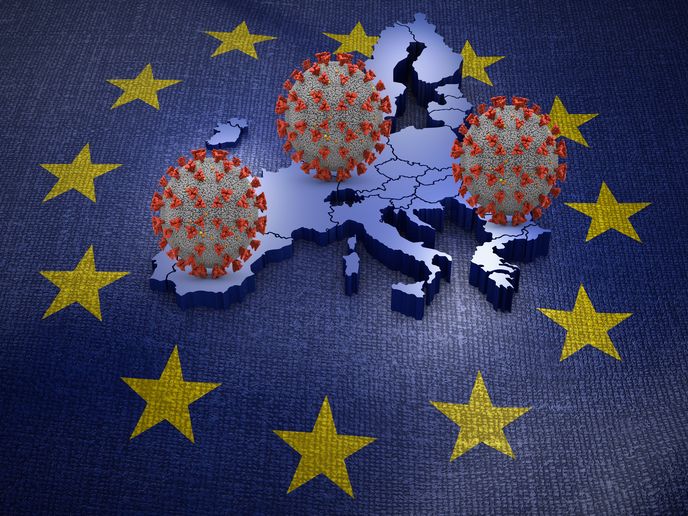Causes and effects of today’s democratic turbulence
Following World War II, European democracies accelerated the strengthening of international cooperation and unity through political, economic and social instruments that benefit countries and their citizens. This process continues today; however, there is an increasingly widespread, parallel turbulence in democratic governance and politics. The EU-funded Governance project investigated the nature of this recent turbulence and identified promising forms of policy innovation and institutional design to help European states successfully address it.
International cooperation on challenges to democracy
The Governance project is a transnational programme of NORFACE (New opportunities for Research Funding Agency Cooperation in Europe), a network partnership between international funding agencies in Europe. Coordinated by Maxime Verbeij of the Dutch Research Council, the project funded 14 research projects covering five of the most important challenges to democratic governance and politics. These comprise inequality and redistribution, the evolving politics of threat, the democratisation of information, shifting identities and representation, and the changing authority of institutions.
Cross-national research builds bridges
In the context of the five thematic groups, subjects included the expansion of criminalisation, capital-funded occupational pension schemes and urban versus rural residency. Projects also covered data-driven targeting and digital persuasion, AI in public decision making, technological change in the workplace, and the ‘supply and demand’ of information. European identities, polarisation, populism and extremism were investigated. Other projects studied the responsiveness of the administrative state and the separation of powers. A summary of the projects and their findings can be found here. Verbeij notes that “following the selection of the research projects, we were confronted almost immediately with the COVID-19 pandemic. This had an unforeseen effect in that the impact of this historic moment in time was researched as it was happening, leading to highly relevant and dynamic research projects and results.” The ‘Governance archive’ tab on the NORFACE website includes journal articles, an online lecture series, scholar interviews and a description of the five thematic areas.
Capacity building, peer learning and impact beyond academia
“Capacity building and peer learning are key to the goals of the programme and the NORFACE network more broadly. By bringing together researchers throughout Europe, we aim to provide a breeding ground for collaboration, strengthening each other’s work and learning from each other. Additionally, there is special attention to early career researchers,” notes Verbeij. A number of workshops were held by project teams, including a wider audience, an early career workshop and a stakeholder workshop. Beyond academic activities and outputs, an ethnographic novel captured the stories of those criminalised through legal actions including the near-total ban on abortion in Poland, new hate speech laws across Europe and a de facto criminalisation of sea rescue in the Mediterranean. ‘The Conservatory of Populism’ art performance targeted engagement of a broader non-academic audience regarding populism and strategies it leverages. A collection of parliamentary speech data quantified policy discourse trends, tracking changes in party positions over time. Governance’s insights and outcomes regarding the causes and effects of the pronounced turbulence threatening democratic governance and politics in Europe can help academics, policy makers and other stakeholders collectively steer the ship to calmer waters.
Keywords
Governance, NORFACE, democratic governance, politics, populism, criminalisation, democracies, democratisation, extremism, polarisation, policy discourse







